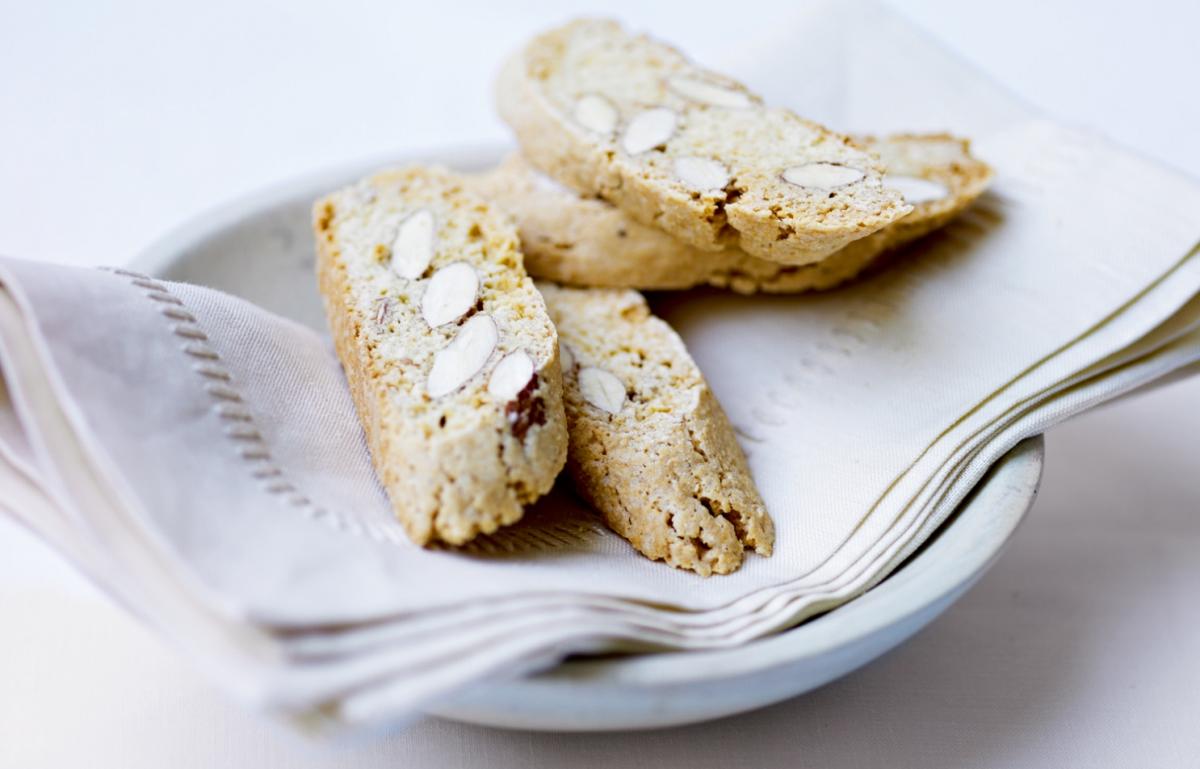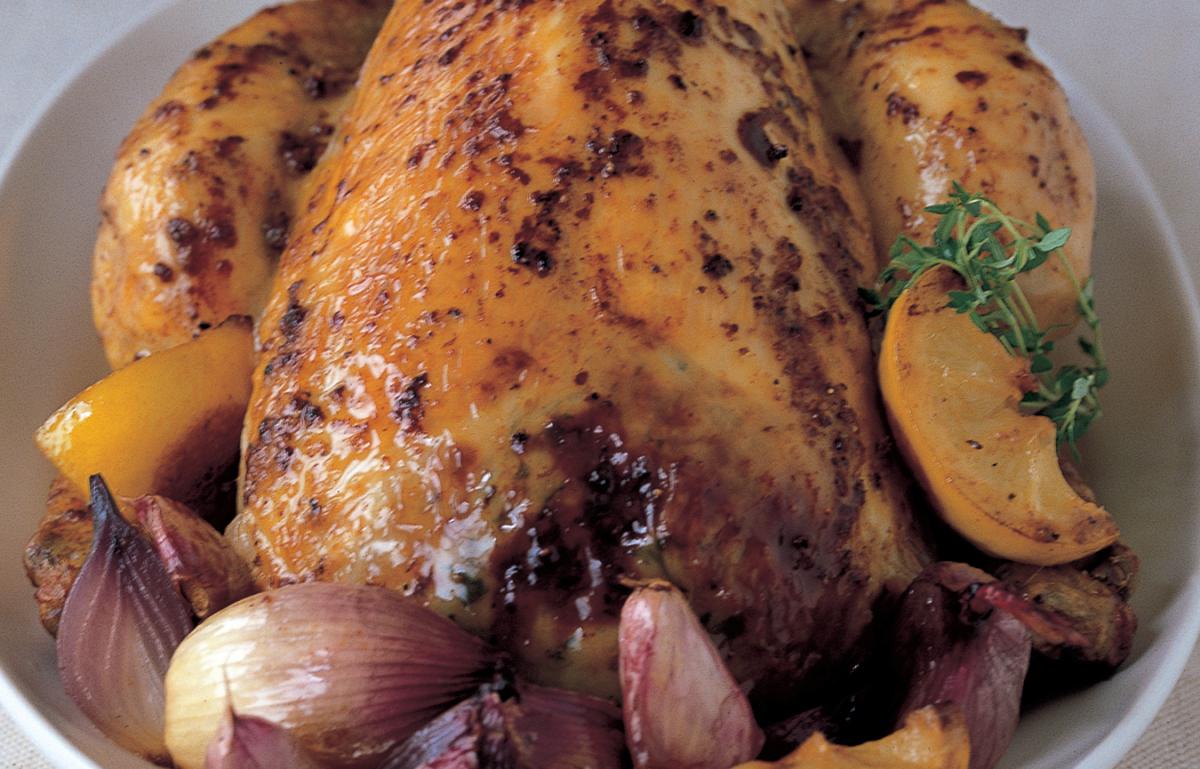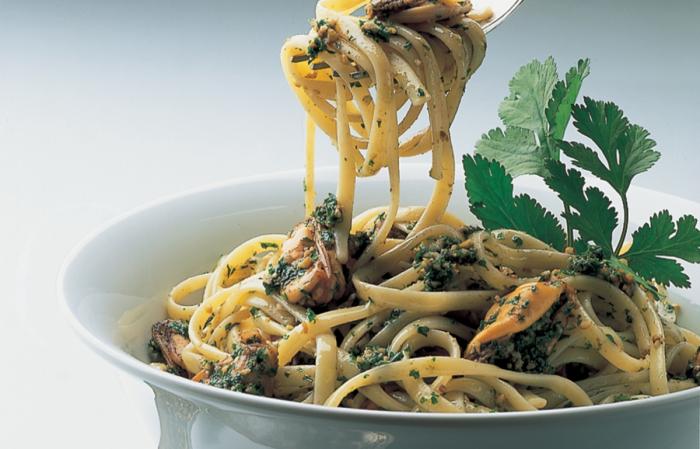


Delia tends to bake her salmon in foil rather than poach it, as it produces a moister flesh than poaching and the flavour isn't going all into the water. Click here to view Delia's recipe for Foil-baked Whole Fresh Salmon with Green Herb Mayonnaise.
Coconut milk powder has become increasingly difficult to buy and, unfortunately, there isn't really a suitable substitute for it. Coconut milk powder is sold via some branches of Tesco and independent stores. Sadly no other coconut products will do.
Not everyone agrees with your point on flavour; however for very plain cooking a microwave can be good. The problem for the cookery writer is that microwave ovens are not standard and the power levels vary, so it's difficult to give any kind of standard guidelines. The best course if you want to cook fish in the microwave is to follow the instructions in the individual manufacturer's handbook. But the danger with cooking fish in this way is that a few seconds more than it actually needs will render it overcooked and sometimes dry. For this reason, I think cooking fish in a microwave is not as easy for beginners as conventional cooking.
Mussel production has improved tremendously over the past 20 years or so. Most are commercially cultivated by the rope method in deep Scottish lochs, rather than gathered from the seashore with its associated pollution problems. This, together with improved transport methods, means that shop-bought mussels are generally much fresher and need little cleaning. What I recommend for preparation is to discard any mussels that do not close when given a sharp tap on the shell or which remain closed after cooking. Sometimes you find a 'beard' clamped between the shells and this should be removed with a sharp tug. If mussels are bought from a reputable supplier and eaten fresh, the chances of poisoning are extremely remote

Follow us Like us on Facebook Follow us on twitter Follow us on instagram Follow us on pinterest Follow us on youtube
© 2001-2024 All Rights Reserved Delia Online